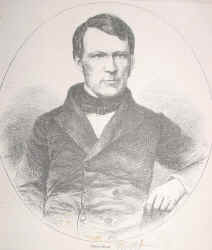 |
So I thought that we might as well fight back :-) Multinationals' only concern is to maximise their "intellectual property" privileges around the world. Co-ordinated, continuous pressure from mighty corporations – mainly pharmaceutical giants – have succeeded (through their political lackeys) in making "rights and patents" issues a core priority of the global trade policy. YET the current and "global" GATT copyright laws *MUST BE* based on the Berne convention, at least since 1988, following the signature of the TRIPS (Trade Related Aspects of Intellectual Property Rights) agreement: ""With respect to copyright, parties are required to comply with the substantive provisions of the Berne Convention for the protection of literary and artistic works"", that was added to the "Marrakesh Agreement Establishing the World Trade Organisation", and was signed in Morocco on 15th April 1994. Berne offered protection lasting until 50 years after an author’s death. With the TRIPS agreement, the length of this term was extended (in order to harmonize all EU-laws with Germany) to the life of the author plus 70 years. And that's it! After 70 years it's back to mama public domain :-) |
